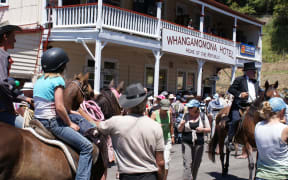Sunday Morning for Sunday 26 June 2022
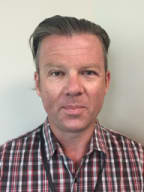
Photo: RNZ
On June 21st Sunday Morning Executive Producer, Dave Campbell, suddenly passed away from a medical event. This is the last show he had a part in producing. Our thoughts are with his whānau and friends. His colleagues here at RNZ are devastated by his untimely passing.
8:10 Frances Cook on riding out the rough financial market place right now
We last talked to Frances Cook back in February. Frances is the Investments Editor at Business Desk and had just written a book called YOUR MONEY YOUR FUTURE. A lot of water has flowed under the bridge since then and many people are trying to keep their heads above that water.
In our chat last week with our regular financial commentator, Jeffrey Halley in Jakarta, he said, basically, that the rough ride we're having will persist through this year and the next.
We thought we'd have another conversation this Sunday on what to do about that.
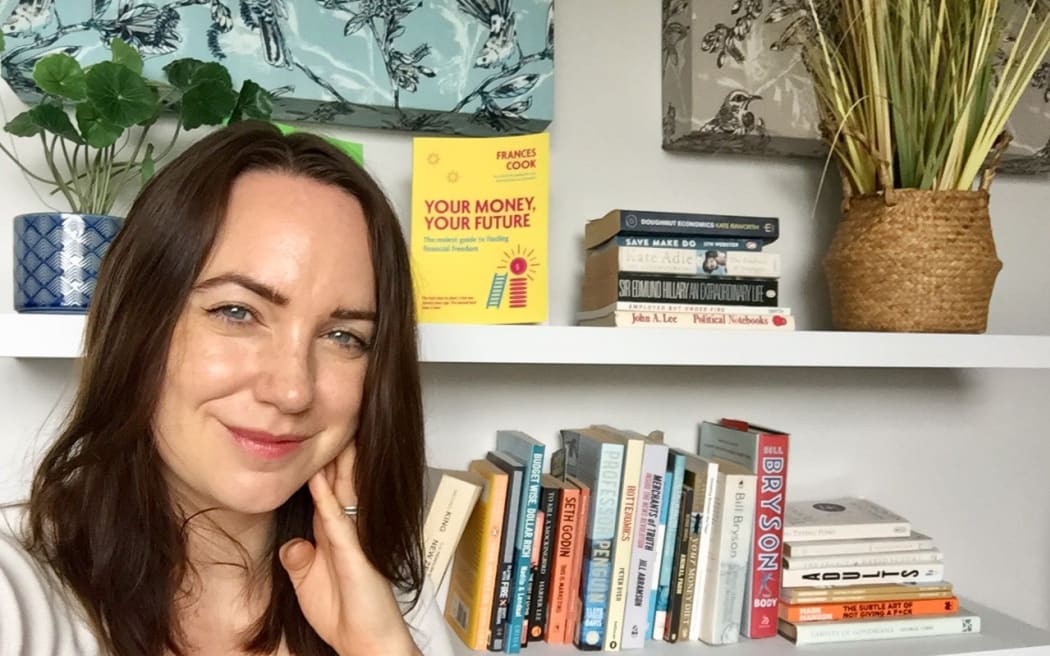
Frances Cook is a financial podcaster, journalist and reformed "money mess." Photo: Supplied/Frances Cook
8:30 Can we make traffic jams a thing of the past?
"Why do we accept such "dumb" traffic lights?" was a headline on the Greater Auckland website a while back. Everyone who drives knows the frustrations: waiting and waiting when no traffic is coming the other way, intersections that operate on cycles whether any traffic is waiting or not, slow cycles, supposedly slower than those overseas, and so on.
One irksome aspect in city centres is pedestrians pushing the button to cross, not waiting for 'cross now', and delaying cars wanting to turn. But pedestrians are also disadvantaged, cyclists, everyone has gripes.
Here's a glimpse of the future, finally, the world's first traffic control system of its kind, they say, using artificial intelligence, designed to make urban traffic jams a thing of the past.
Computer scientist Dr Maria Chli joins Jim from Aston University in Birmingham.
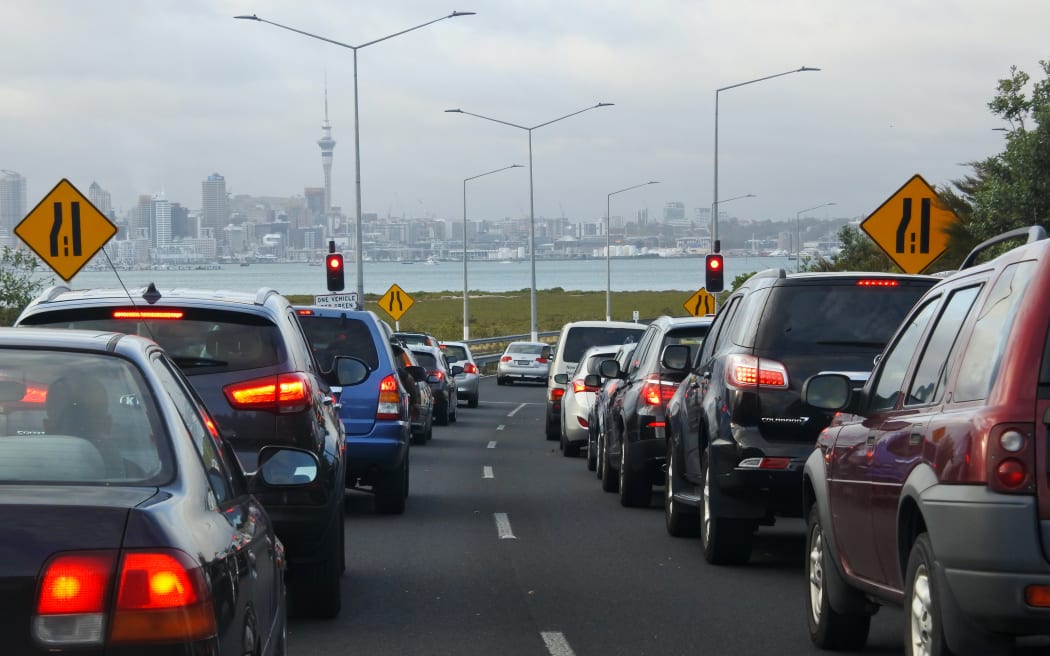
Photo: 123RF
8.45 FINA's Transgender Policy - Dr David Gerrard's view
The FINA World Swimming Championships are on in Budapest, and a lot of publicity has surrounded them because FINA released its Transgender Policy. Lia Thomas and other transgender athletes are now banned by world swimming's governing body from competing against women: a separate 'open category' will be developed. The 'biology trumps gender' argument could now see transgender athletes be banned from track and field as well.
Dr David Gerrard is the sports medicine professor who won a Commonwealth Games swimming gold, he's been a team doctor and Chef de Mission for our Olympic Games teams, he was an Olympian himself. David is at the World champs, in his capacity as vice-chairman of Fina's sports medicine committee.
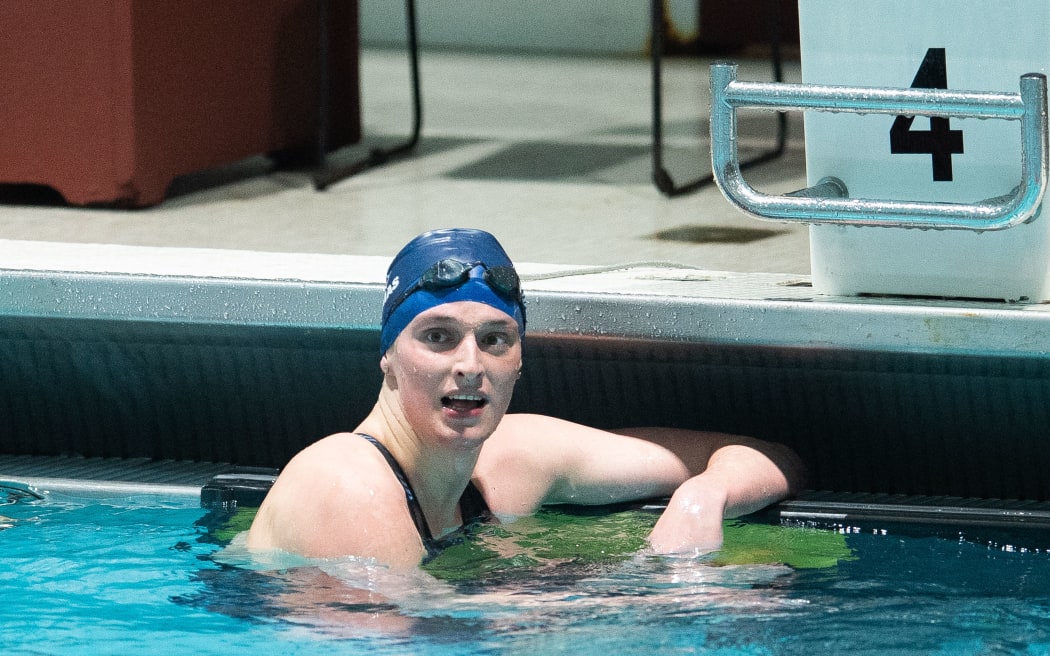
Photo:
9:06 Mediawatch
Mediawatch looks at how the media reacted to one of the worst ever tragedies on our roads - and reporting which dug deeper into the causes of crashes. Mediawatch also looks at the new broadcasting minister's first outing in Parliament - and a platform that promises academic rigour and journalistic flair marks a major milestone.
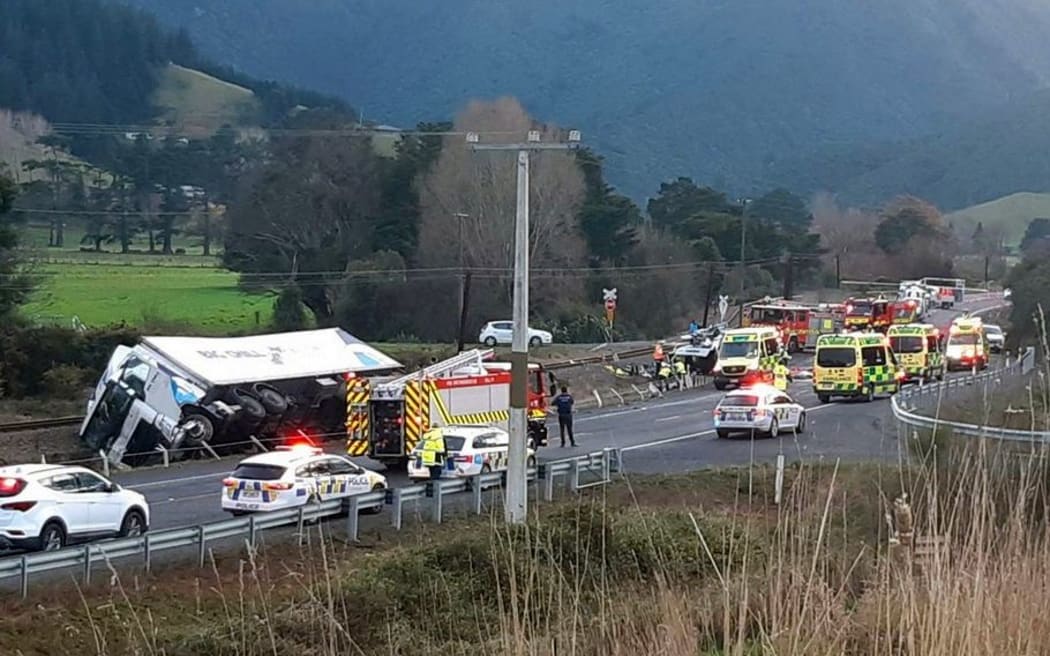
The scene of the fatal crash near Mt Pleasant, south of Picton. Photo: Supplied / Trish Rawlings
9:37 'Disneyland for seniors' - the largest retirement village in the world
'The Villages' is the world's largest retirement community. It's in Florida. Here are some of the statistics: it has supermarkets, bars and restaurants. It has 3,000 social clubs and not just exercise classes, you can do everything from belly dancing to synchronised swimming. There are 54 golf courses, 70 swimming pools, 96 recreation centres, a newspaper, radio station, TV station, schools for the children of the staff, a plastic surgery clinic. You can live in actual stand-alone houses, not just small units.
Valerie Blankenbyl is an Austrian documentary filmmaker and a journalist who lives outside the Villages.
She has made a documentary film "The Bubble", playing as part of the Doc Edge Festival screening in Auckland, Wellington, Christchurch and online. Valerie talks to Jim about "The Bubble" and life inside it.
10:06 The Case Against the Sexual Revolution, by Louise Perry
Feminists must abandon their delusions about the sexual revolution. Men and women are not the same, and it is usually women who suffer when we pretend otherwise.
So says Louise Perry, a writer and campaigner based in London. The outlets for that writing include the New Statesman, The Times, The Critic, The Daily Mail, and The Telegraph. She is the Press Officer for the campaign group We Can't Consent To This, which documents sexual abuse cases in the UK. Her new book is called The Case Against the Sexual Revolution. It argues this so-called revolution has mostly not been of benefit to women.
"It is urgent and daring and brave", says the Guardian newspaper in its review. "It may turn out to be one of the most important feminist books of its time." Louise Perry talks to Jim.
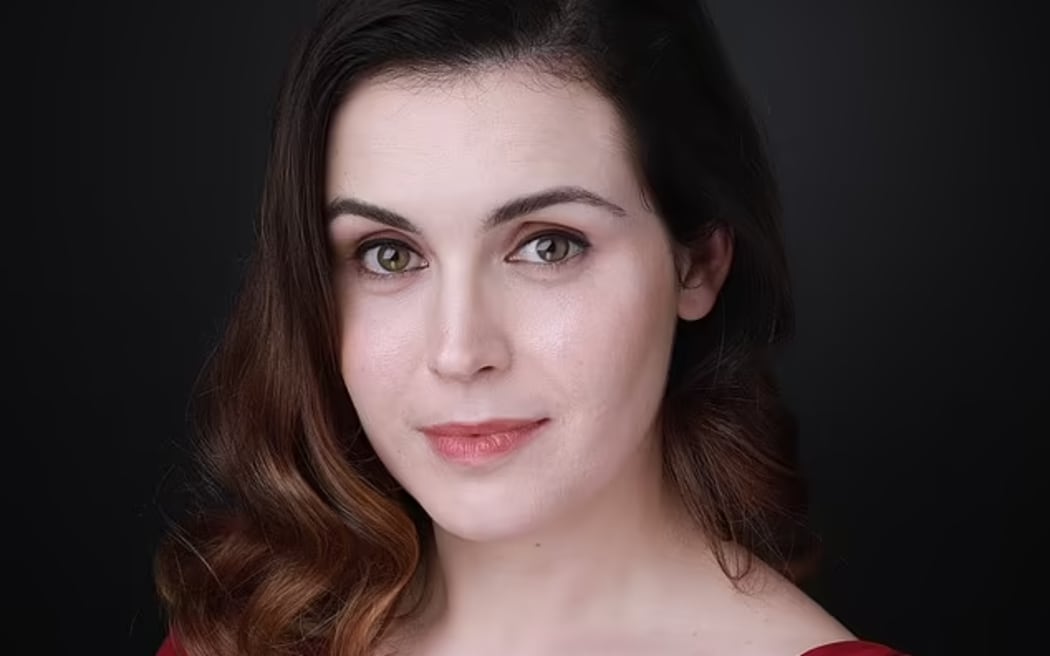
Photo: Vanity Studios London
10.35 Is sleeping alone a better night's sleep, the debate continues
Every so often this topic comes up. Should couples sleep together, or apart, if they want better sleep?
The consensus of expert opinion seems to be that sleep divorces are fine, even if just for a few night per week, if couples are struggling with snoring, tossing and turning.
The renewed discussion over this question, it's suggested, appeared after Netflix's The Crown showed us that Queen Elizabeth and the Duke of Edinburgh slept in separate bedrooms for much of their long marriage.
Jim speaks to Dr Alex Bartle from the Sleep Well Clinic.
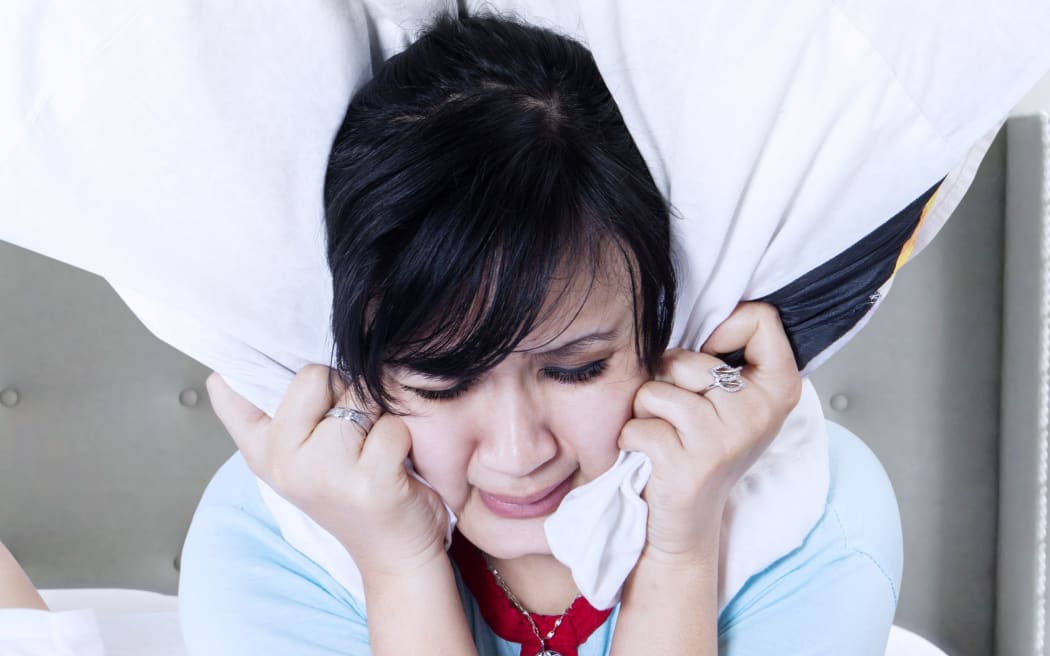
Photo: Paulus Rusyanto
11:05 The curious history of the world's micronations
Micronations aren't real countries by definition, yet sometimes these eccentric mini-states - which have no legitimate basis for statehood - come surprisingly close.
Ranging from personal hobbies to serious political stances, there are as many as 140 micronations around the world, including a couple in New Zealand and plenty in Australia, with more than 400 recorded in recent history.
Of course, not all micronations are serious. The Republic of Whangamōmona emerged in 1989 when regional council boundaries were changed. Its presidents have included Billy Gumboot (a goat) and a poodle called Tai who controversially resigned after an assassination attempt.
There was also a time in the 1970s and 1980s when The Independent State of Aramoana was a micronation that existed north of Dunedin.
Dr Harry Hobbs is a lecturer at the University of Technology Sydney who has a new book about these and other micronations - 'Micronations and the Search for Sovereignty.'
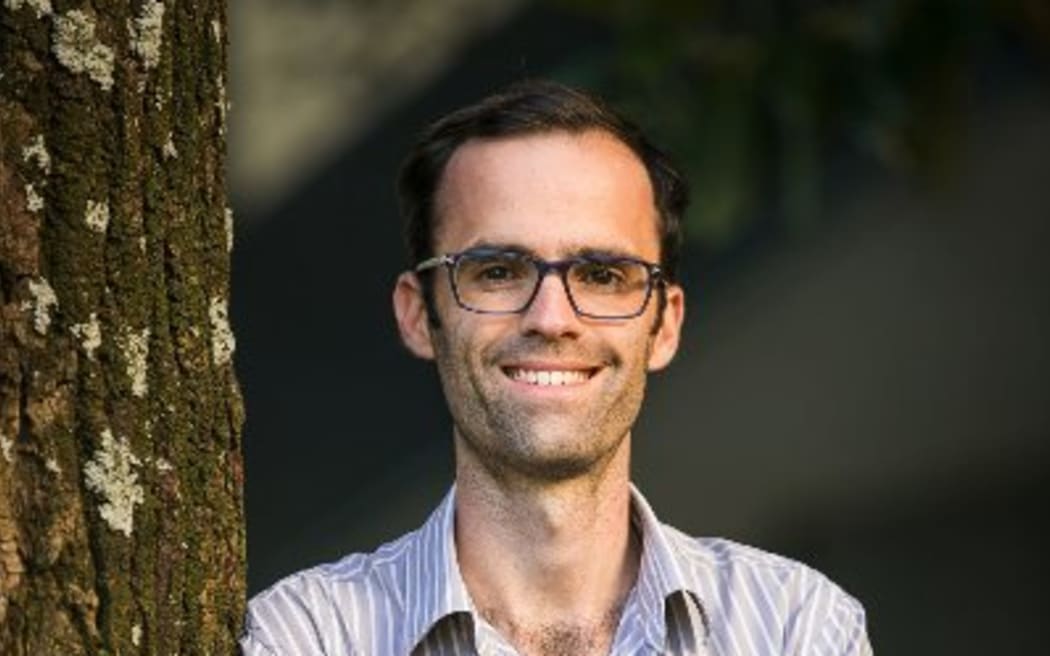
Harry Hobbs Photo: public domain
11.45 Ghislaine Maxwell's ongoing bid for freedom
The former British socialite Ghislaine Maxwell will be sentenced on Tuesday. She was convicted of recruiting and grooming teenage girls for sexual encounters with Jeffrey Epstein. A sex trafficking charge is the most serious of the offences, it carries a maximum prison term of 40 years. She can still lodge an appeal with the 2nd Circuit Court of Appeals in the US, but we're told that successes in doing that are few.
Victoria Bekiempis writes for the Guardian and has been following the trial in New York. She talks to Jim.
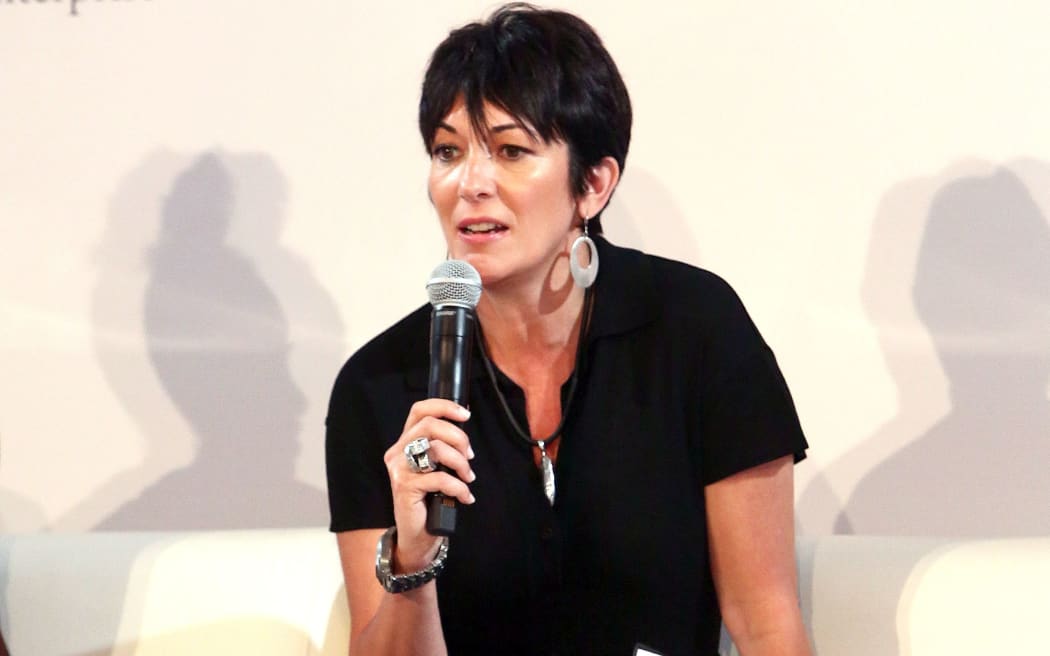
Photo: Getty Images







